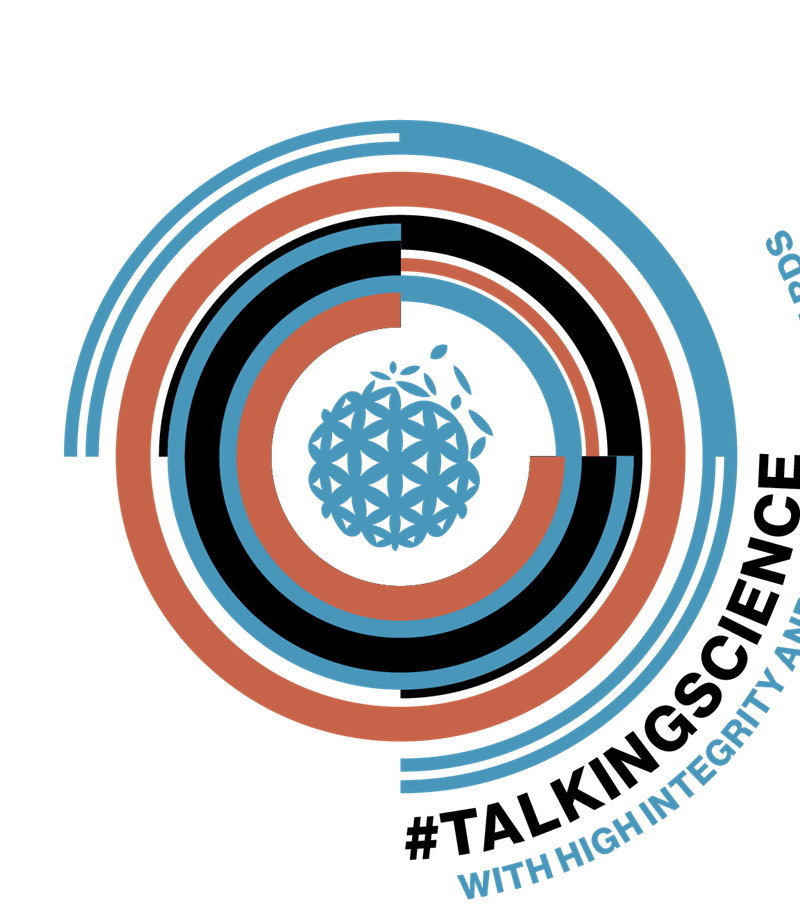
Talking Science with High Integrity and Ethics Standards
On the occasion of the 2022 High Level Workshop, Science Europe and its Working Group on Communication are organising a campaign to showcase Member Organisations’ initiatives in the area of public engagement, with a focus on research ethics and integrity.
Initiatives belong to one of these categories:
- Communicating to a broader audience with high integrity and ethics standards: discussing how to foster responsible, multifaceted dialogue between researchers and the broader public in the age of digital communication.
- Public participation in research with high integrity and ethics standards: examining how to engage citizens in research in ethically sound ways that can enhance quality and relevance to public needs.
- Interaction with decision makers with high integrity and ethics standards: focusing on the science-policy interface and the mechanisms enabling researchers and decision- and policy makers to understand each other’s needs, expectations, and limitations.

Top Citizen Science
The Austrian Science Fund (FWF) has launched a "Top Citizen Science" funding initiative in 2016. Under this call, funding will be made available for the expansion of FWF-funded research projects to include "citizen science" components. "The initiative is designed to support research activities that enable citizens to contribute to generating substantial additional research results and insights on the basis of their abilities, expertise, curiosity, and willingness to participate – without sacrificing the excellence of the research work. The maximum amount of funding is €50,000 per application.
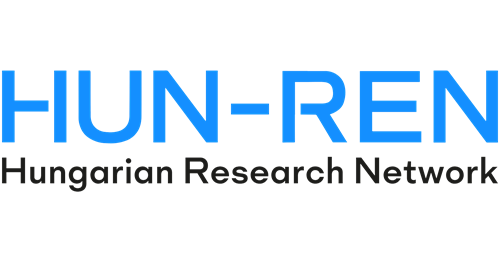
Hungarian Secret
Hungarian Secret is a project led by the Eötvös Loránd Research Network’s Centre for Astronomy and Earth Sciences. Every two weeks, this interactive program educates people about current scientific results achieved by Hungarian astronomers. The name of the program comes from the fact that Hungarian astronomers achieve a lot of scientific results, however, less than 10% of them appear in the press. Thus, it wants to reveal the “secrets” of Hungarian astronomers. The program aims to present scientific achievements in a way that is understandable to the general public, and it is freely accessible to anyone on social media.

News of the Universe blog
The News of the Universe blog, by Eötvos Loránd Research Network (ELKH), provides up-to-date information on events in the sky and scientific discoveries in a way that is understandable to everybody interested in astronomy and the general public. The Svábhegy Observatory is an interactive astronomy experience centre created by the ELKH Centre for Astronomy and Earth Sciences (CSFK), which aims to make the results of science accessible to all. The News of the Universe blog is posted on the site of the Svábhegy Observatory.

Rocket69
Rocket69 is an original TV show format, led by the Estonian Research Council (ETAg), with a science communication ecosystem to promote the field of STEM to students. It is the most popular science TV show in Estonia with impressive reach and impact. Rocket69 is an educational and entertaining TV science contest for students established in 2011. The aim of the show and other communications activities is to make complex subjects more life-true and relatable, but at the same time inspiring and motivating as a career path.

Miks.ee
Miks.ee is a project from the the Estonian Research Council (ETAg). It consists of a science portal with strong social media presence that promotes science-based decision making and the field of STEM as an attractive field for a career. Miks.ee is a web platform that promotes science and science-based thinking among students. The portal features articles, news and different support material for the whole research project cycle. In addition, it has a strong social media presence with personas and interesting science facts
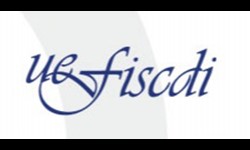
ECOMORE
ECOMORE is a research project for stimulating young independent teams funded under the Human Resources Programme by the Executive Agency for Higher Education, Research, Development and Innovation Funding of Romania (UEFISCDI), as funding agency, between 15.09.2020–14.09.2022. The aim of the ”Empowering communities in monitoring, reporting and generating new data on water ecosystems quality - ECOMORE” project was to develop the capacity of citizens to report and monitor water pollution and to promote the active involvement of communities in raising awareness, education and decision-making.

Call for projects Science with and for Society - Participatory Research
The French National Research Agency (ANR) launched the call for projects Science with and for Society - Participatory Research. This call is part of the multiannual SAPS (Science with and for Society) programme that the ANR has launched in 2021 with the ambition of amplifying the interactions between the academic sphere and all citizens.
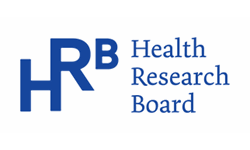
Health Research in Action
Health Research in Action is a programme by the Health Research Board (HRB). In order to share some examples of our research in a user-friendly way, the Health Research Board in Ireland captured some key research outcomes and summarised them in plain English. So, quickly you get a good sense of the great discoveries and outcomes that we are supporting. By capturing the essence of outcomes from our research and demonstrating the impact that it can have on people's health and life, in a user-friendly way, we believe we are demonstrating good transparency and clear outcomes for the public money invested in health research.

PPI Ignite network
The Health Research Board (HRB) in Ireland supports the PPI Ignite network which is designed to help Institutions create the right environment, training, support and processes to help researchers engage public, carers and patients in their research from the start.
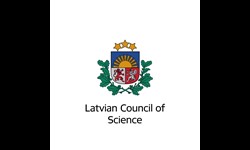
Informative seminars
The Latvian Science Council (LZP) organised informative seminars for applicants of Fundamental and Applied Research Projects to ensure quality research project applications. In the seminars, information on the actualities of the competition was presented, as well as examples of submission, preparation, and implementation of various projects were presented.
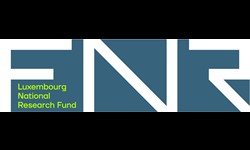
Science Festival / Researchers’ Days
During the Luxembourg National Research Fund (FNR) Science Festival, researchers and science communicators offer interactive science workshops and fascinating science shows to engage with the public in a festival atmosphere. During 4 days, the Science Festival offers interactive science workshops and science shows to the public. The Researchers Days are similar to the Science Festival but the event focuses more on Luxembourg research and research institutes, who present their research work in interactive science workshops and science cafés. The Researchers days take place during two days (the first day is open exclusively to secondary school classes and university/PhD students and the second day is open to the general public).

Chercheurs à l’école – Researchers go back to school
Local researchers from Luxembourg visit secondary school classes to present their everyday life as a researcher, show career opportunities and exchange with the students about their questions and views around research. Once per year, usually in March, the Luxembourg National Research Fund (FNR) organises get-togethers between local researchers (having obtained or preparing their PhDs) and secondary school students.

SciCom Luxembourg
At "SciCom Luxembourg" organised by the Luxembourg National Research Fund (FNR),the science communication community from Luxembourg (and surroundings) get together, exchange ideas and discuss challenges of science communication in Luxembourg. “SciCom Luxembourg” is an annual half-day networking event for science communicators from Luxembourg and surroundings with the goal to keep in touch, get to know each other and be inspired.

Mr Science
Mr Science is a fictional character created by the Luxembourg National Research Fund (FNR) who explains science in a fun and entertaining way with lots of crazy experiments to the general public on TV and radio. Mr Science has started to make radio and TV shows in 2009 and since has become the most famous scientist in Luxembourg.

science.lu
science.lu is the national science website in Luxembourg for the general public. It is managed by the Luxembourg National Research Fund (FNR). It contains articles and videos about research in Luxembourg, science in every day life, teacher material and DIY experiments - also on Tiktok, Instagram, Youtube and Facebook.

Promoting Science to the Public (PSP) Flagship Funding Programme
The Luxembourg National Research Fund (FNR) programme PSP-Flagship helps to set up long-term science outreach activities, including citizen science projects, with a sustainable and lasting impact on the promotion of science to the public in Luxembourg to establish a leading knowledge society. PSP Flagship projects are expected to achieve qualitative aims like increasing scientific literacy, explaining the scientific method, stimulating curiosity and receptiveness to scientific themes, increasing critical judgement as regards scientific themes, developing an understanding of scientific professions, getting feedback from the target audience on a scientific theme, promoting gender-balance in science, promoting life-long learning, training “vectors” that will enable better communication towards the general public etc.

Pairing Scheme - Politics meets Research
The goal of the Pairing Scheme - organised by the Luxembourg National Research Fund (FNR), is to enable researchers and Members of Parliament (MPs) to get to know each other and to get a better understanding of their respective working environments. The concept of this project is to pair up researchers and MPs who visit each other at their respective workplaces. Over a period of half a year, different encounters take place, during which the two worlds can exchange and develop a better understanding for each other.
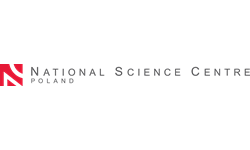
NCN Award
The NCN Award, granted by the National Science Centre (NCN) in Poland, is the most prestigious distinction conferred on young researchers working in Polish research centres. In 2022, the awards were given out for the tenth time in their history. The NCN Award is given annually to three researchers under the age of 40 with a substantial record in the field of basic research, documented by publications affiliated with Polish research centres.
INVOLVE HUB
Research Council of Norway (RCN) is part of the EU funded project PRO-Ethics aimed at testing new, ethical ways to involve citizens in decision making processes. As part of this project RCN has established INVOLVE HUB, a network of external stakeholders for discussions of ethical challenges and solutions. The network consists of researchers and practitioners from the public and non-profit sectors, all with an interest and expertise in involvement and participation.

ICTs, data and vulnerable people: a guide for citizens
Vulnerable people need greater support to navigate the digital world, and to ensure that they are able to exercise their rights. This guide, developed by the Spanish National Research Council (CSIC) in the framework of the H2020PNELFIT, is a resource for members of vulnerable groups, people who work with vulnerable groups, and citizens more broadly.

MINKA
MINKA, a project by the Spanish National Research Council (CSIC), is the next generation of Citizen Observatories focussed on promoting participation linked to a wide range of Sustainable Development Goals. Citizen’s observations can help pave the way to a more sustainable future. The 2030 Agenda for Sustainable Development, adopted by all UN Member States in 2015, provides a common plan for peace and prosperity for people and the planet, now and in the future. At its heart are the 17 Sustainable Development Goals (SDGs). At present, by being part of the MINKA community, you address two of these goals (related to biodiversity): Life below water and Life on Land.

CSIC Code of Good Scientific Practices
The Spanish National Research Council (CSIC) Code of Good Scientific Practices aims to ensure the quality of CSIC, research preventing inappropriate practices. The purpose of this code is to guide the undertaking of scientific activity in its different facets and dimensions, to guide the exercise of leadership, scientific collaborations and the process of creation, protection, evaluation and dissemination of results, with the ultimate aim of ensuring the quality of CSIC research and preventing inappropriate practices. Its content is applicable to all CSIC research activity and the values and conduct it promotes go beyond the scope of legality, contributing, nonetheless, to its observance and implementation.

Guide on citizen science
This guide, developed by the Spanish National Research Council (CSIC), offers useful information and resources for all those people who want to carry out a citizen science project, have or no experience in this field, providing guidelines and recommendations for the design, implementation, and assessment of citizen science projects.

CSIC Newsletter
This monthly newsletter summarizes the more important scientific and technological advances, with high social impact, developed by the Spanish National Research Council (CSIC) research groups. The newsletter includes news related the CSIC activity at different levels: institutional, international, technology transference, or science.

CSIC Investiga
The informative magazine 'CSIC Investiga' shows, through a combination of interviews and reports, the efforts of the Spanish National Research Council (CSIC) in different areas of social interest. This magazine shows, through a combination of in deep interviews and reports, the efforts of CSIC in different areas: Covid-19, cancer, energy, digital society, Horizon 2020, etc. Each issue deals with a specific matter, having a monographic character. The magazine focuses on the different fronts of the CSIC's activity for tackling the specific topic: research, knowledge transfer, international cooperation, scientific culture or institutional performance.

Good Scientific Practices Course
The Course of Good Scientific Practices (CBPC) aims to promote awareness and training in scientific integrity and good practices, as the foundations of responsible conduct in research among those who start research. This project is led by the Spanish National Research Council (CSIC).

Science City (Ciudad Ciencia)
Science City (Ciudad Ciencia) is an outreach project by the Spanish National Research Council (CSIC) with the aim of bringing science and technology to the local environment. Its aim is to offer Spanish municipalities between 6,000 and 30,000 inhabitants, face-to-face dissemination activities in multiple formats and online content.

Observadores del Mar
Observadores del Mar is a marine citizen science platform launched by the Spanish National Research Council (CSIC) and dedicated to the preserve the ocean health by promoting i) enhancing observation capabilities ii) bring science closer to the public and iii) transfer of scientific information for management and conservation plans.

Structural program of the Ocean Decade: Ocean Cities
Ocean Cities, coordinated by the Spanish National Research Council (CSIC), is a network of marine cities committed with sustainability, permeability and regeneration of natural marine environments, for and with its population. Ocean Cities is an international network of cities in harmony with the marine environment. Ocean Cities is one out of some 30 structural programs of the Decade of Ocean Sciences for Sustainable Development.
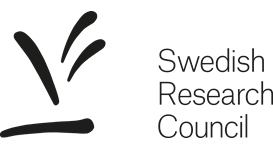
Framework for courses in science communication
Researchers need to share their knowledge, so that it benefits society. A new report presents a framework for how communicating research can become a natural part of third cycle higher education. In a new report, the Swedish Research Council (VR) together with a team of researchers and communication experts present a framework in three parts for how courses in science communication can be designed.

Young and LGBTQ
The Swedish Research Council for Health, Working Life and Welfare (FORTE) research-based outreach project ‘Young and LGBTQ’ is aimed at young people in junior high school and upper secondary school. It describes current research and knowledge gaps on what it is like to be a young LGBTQ person in Sweden today.
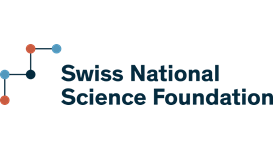
Patient and public involvement in clinical research proposals
The Swiss National Science Foundation (SNSF) introduced in the Investigator Initiated Clinical Trials programme patient and public involvement as a cornerstone of every application, from the planning of the trial and its implementation to the dissemination of results and evaluation.

Agora Scheme
The Agora scheme, by the Swiss National Science Foundation (SNSF) aims to foster dialogue between scientists and society. It encourages researchers to communicate their current research to an audience of lay people. Agora projects have to initiate a direct dialogue between researchers and the public in which they interact and listen to each other.
